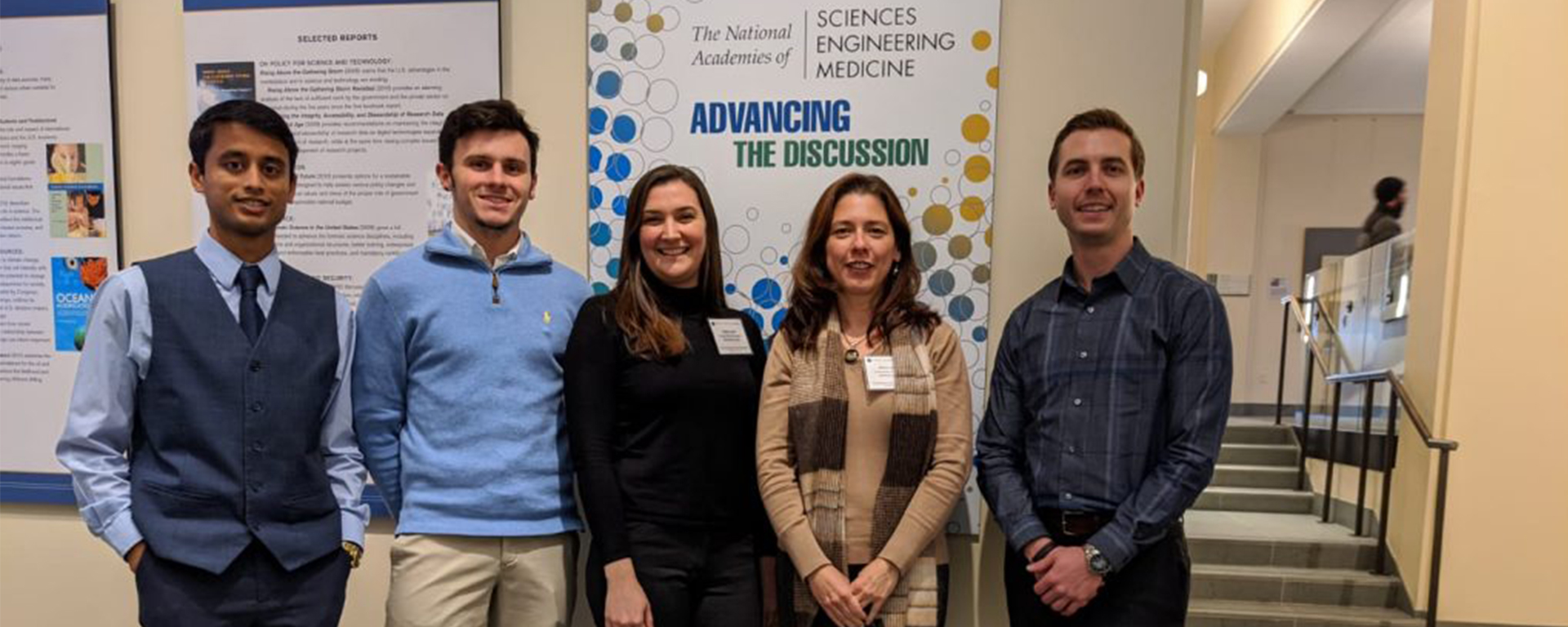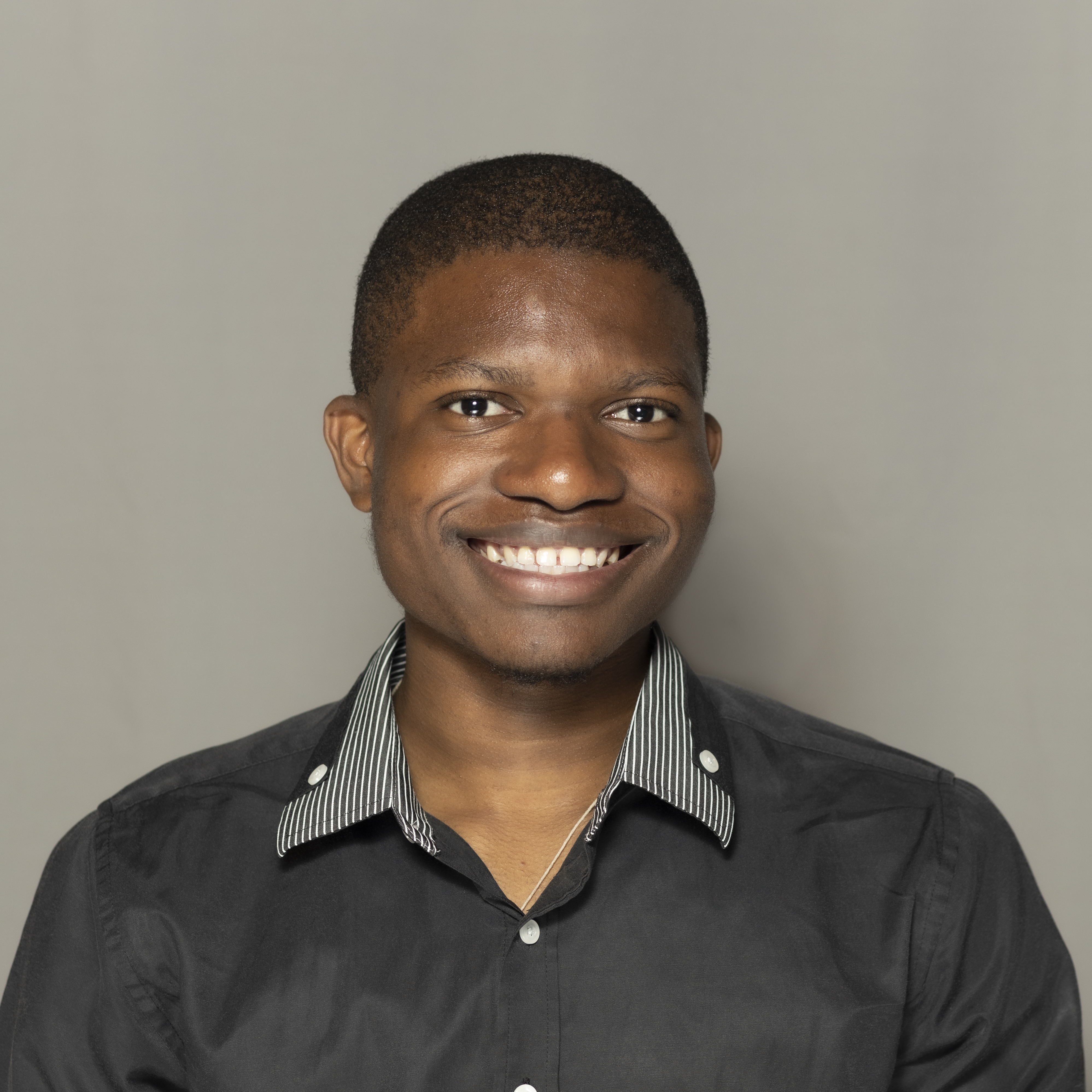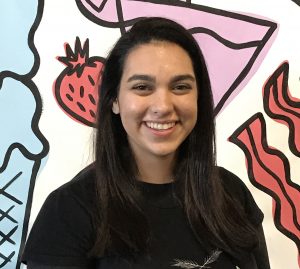
Are you interested in learning more about the Grand Challenge Scholars Program? Click on the links below to learn more about each scholar and what being a Grand Challenge Scholar means to them!
Update Current Profile [NOTE: link to Google form?]
Submit Alumni Profile [NOTE: link to Google form?]
A-C | D-F | G-I | J-L | M-O | P-R | S-U | V-Z
A-C

Major: Computer Engineering (Communications)
GCSP Cohort 4 (2019)
Expected Graduation: Spring 2022
Why did you decide to join the Grand Challenge Scholars Program?
I believe pursuing a Grand Challenge is a great purpose for any individual that wants to make a significant impact on the world through their work. I aspire to give back to the community that raised me, but I have a strong inclination to do something to make the world better, even if that impact is infinitesimal in the grander scheme.
Which of the Grand Challenges you interest you most, and why?
All of the Grand Challenges are interesting! However, the most interesting of the challenges to me were Reverse-Engineer the Brain and Engineer the Tools of Scientific Discovery. I found those interesting as they were (in my opinion) the most ambitious and not very elucidate. From one perspective, it is challenging to imagine how we might one day reverse engineer the brain. Whereas, engineering the tools for scientific discovery, I believe, has the most potential for various interpretations. The way I define engineering tools for scientific discovery could be vastly different from many others pursuing these challenges now.
What are your plans after graduation?

Major: Mechanical Engineering
Minor: Entrepreneurship
GCSP Cohort 3 (2018)
Expected Graduation: Spring 2020
Why did you decide to join the Grand Challenge Scholars Program?
I was first drawn to the Grand Challenges Scholars Program because I wanted to have a sense of belonging to something bigger than myself. I want to work with diverse individuals in an interdisciplinary way to help solve real-world problems.
Which of the Grand Challenges you interest you most, and why?
I’m intrigued by multiple challenges that ultimately work together to reach a common goal. I’m most interested in engineering better medicines while reducing cost and being environmentally cautious about my design, application, and disposal. This is why I am also drawn to making solar power economical and providing access to clean water.
What are your plans after graduation?
…
Ezekiel Ajayi

Major: Computer Engineering (Communications)
GCSP Cohort 4 (2019)
Expected Graduation: Spring 2022
Why did you decide to join the Grand Challenge Scholars Program?
I believe pursuing a Grand Challenge is a great purpose for any individual that wants to make a significant impact on the world through their work. I aspire to give back to the community that raised me, but I have a strong inclination to do something to make the world better, even if that impact is infinitesimal in the grander scheme.
Which of the Grand Challenges you interest you most, and why?
All of the Grand Challenges are interesting! However, the most interesting of the challenges to me were Reverse-Engineer the Brain and Engineer the Tools of Scientific Discovery. I found those interesting as they were (in my opinion) the most ambitious and not very elucidate. From one perspective, it is challenging to imagine how we might one day reverse engineer the brain. Whereas, engineering the tools for scientific discovery, I believe, has the most potential for various interpretations. The way I define engineering tools for scientific discovery could be vastly different from many others pursuing these challenges now.
What are your plans after graduation?
Jood Ali

Major: Mechanical Engineering
Minor: Entrepreneurship
GCSP Cohort 3 (2018)
Expected Graduation: Spring 2020
Why did you decide to join the Grand Challenge Scholars Program?
I was first drawn to the Grand Challenges Scholars Program because I wanted to have a sense of belonging to something bigger than myself. I want to work with diverse individuals in an interdisciplinary way to help solve real-world problems.
Which of the Grand Challenges you interest you most, and why?
I’m intrigued by multiple challenges that ultimately work together to reach a common goal. I’m most interested in engineering better medicines while reducing cost and being environmentally cautious about my design, application, and disposal. This is why I am also drawn to making solar power economical and providing access to clean water.
What are your plans after graduation?